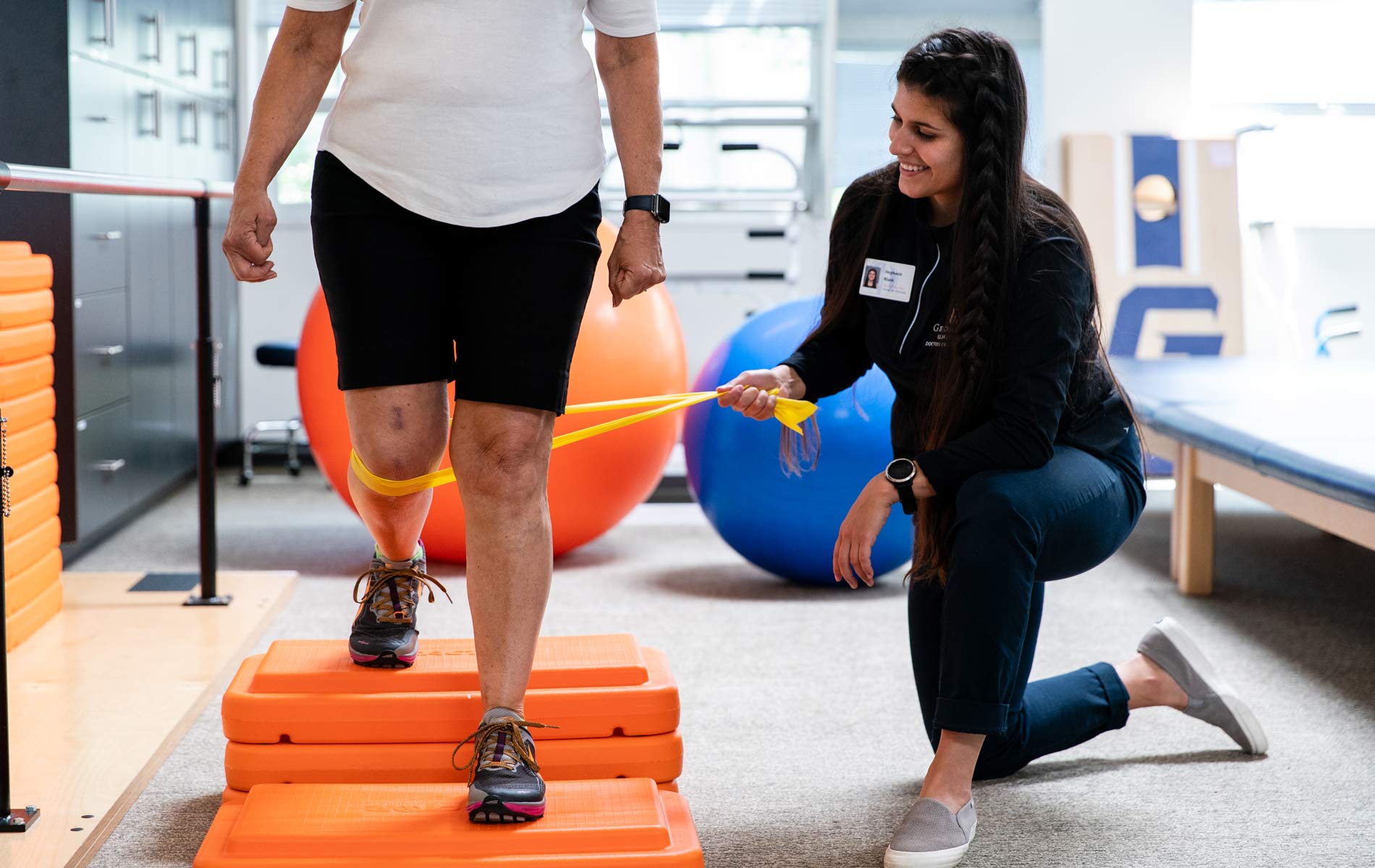Enhancing Recovery With Tailored Fitness Plans in Therapy Programs
Wiki Article
Rehabilitation is an essential process for patients who have experienced surgeries, or other health challenges. Recovery programs play a vital role in assisting these patients to restore their strength, enhance mobility, and reintegrate to their daily tasks. Tailored exercise planning is a key element of effective recovery. This means that exercises are carefully structured to meet the individualized needs of each person. By focusing on personalized therapy plans, rehabilitation approaches can enhance healing and promote improved health results.
One of the first steps in developing a tailored fitness program is evaluating the patient’s status. Healthcare professionals perform evaluations to understand the specific limitations and capabilities of each person. This might involve functional assessments, conversations about medical background, and goals for rehabilitation. For example, an athlete recovering from a leg injury may have distinct requirements than an senior person recovering from joint surgery. By acknowledging these variations, practitioners can design an therapy regimen that targets the unique factors of each case.

Integrating various forms of exercises is essential for successful rehabilitation. Strength work , flexibility exercises, and aerobic activities all serve vital roles in rehabilitation. Resistance training assists restore muscle and enhance stamina, which is especially important after extended durations of sedentary time. Flexibility movements increase range of motion and reduce rigidity in joints. Aerobic workouts, like walking or biking, improve general fitness and promote cardiac health. A well-rounded fitness plan Visit This Link that includes all these components can greatly assist in the rehabilitation journey.
Monitoring progress is another essential element of rehabilitation programs with customized fitness prescriptions. As patients engage in their personalized routines, medical practitioners track improvements and implement required adjustments to the program. This continuous assessment guarantees that the exercises remain beneficial and suitable as the individual progresses. Establishing defined benchmarks can also motivate individuals during their rehabilitation process. Achieving small objectives builds self-assurance and promotes commitment in following through with the rehabilitation program.
In the end, improving recovery through tailored fitness planning requires collaboration between healthcare providers and patients participating in recovery. Open communication is key to recognizing how each individual responds click here now throughout their recovery journey. By working jointly, both sides can address any challenges and celebrate successes along the way. Customized rehabilitation plans not only help patients recover physically but also add to their mental well-being by instilling a sense of accomplishment and self-reliance as they progress towards their wellness objectives.